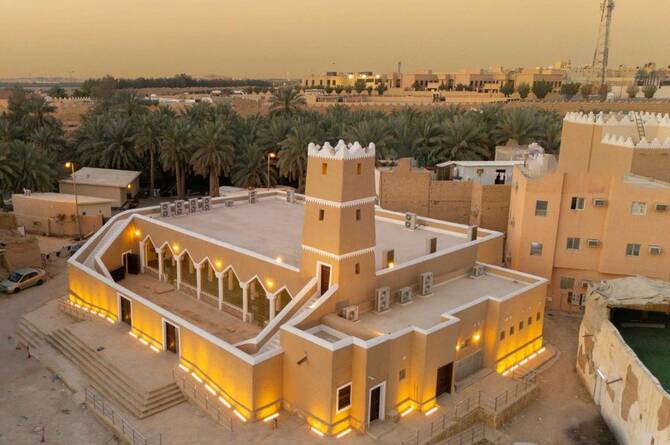RIYADH: The Heritage Commission has registered 5,969 new architectural heritage sites in the National Register of Architectural Heritage, bringing the total to 34,171.
These sites reflect the richness and diversity of architectural heritage across the Kingdom’s regions, according to the Saudi Press Agency.
The newly registered sites are: 3,893 in Asir, 761 in Qassim, 499 in Baha, 483 in Makkah, 258 in Riyadh, 60 in Hail, eight in Jazan, four in Jouf, and three in the Eastern Province.
The commission said its registration efforts are ongoing and cover all regions. The process is based on heritage regulations and follows a board decision authorizing the commission’s CEO to register sites.
The initiative aims to protect heritage sites from encroachment or neglect and ensure their preservation for future generations, the SPA reported.
Registering new sites is part of a broader effort to identify, document and manage cultural sites. The sites are added to digital maps for easier management, protection and preservation. A comprehensive database is being built, including documentation and photographic archives.
The commission encouraged citizens and enthusiasts to report urban heritage sites through its reporting platform, X account, or regional branches. It also praised public awareness and participation in preserving national heritage.
Last week, the commission also announced the addition of 744 new archeological sites to the National Antiquities Register, raising the total to 10,061.
The new archeological sites are distributed as follows: Riyadh (253), Madinah (167), Najran (86), Tabuk (72), Asir (64), Qassim (30), Jazan (23), Eastern Province (13), Hail (13), Makkah (11), Jouf (10). and Northern Borders (2).

















